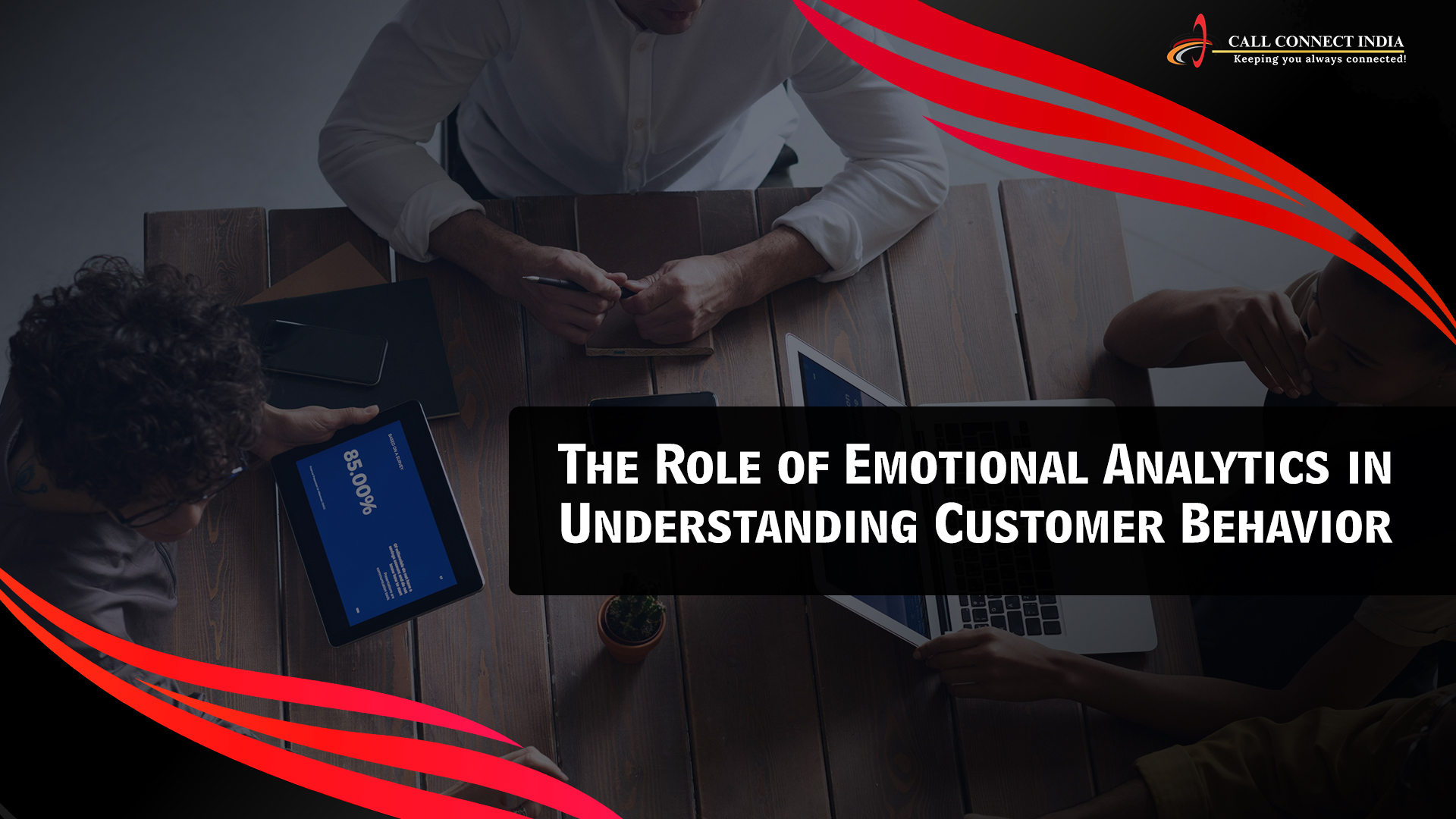
In today’s highly competitive market, driven by the customer, understanding how customers feel is as important as analyzing purchase patterns. Emotional analytics, aided through AI for customer support, are changing how companies interpret and react to customer feedback data. Through the use of advanced technologies, such as NLP, natural language processing (NLP), and machine learning, businesses are able to analyze customer sentiment, enhance interactions, and increase engagement.
What is Emotional Analytics?
Emotional analytics is the method of analyzing customer interactions – such as expressions on the face, and text sentiment–to determine emotions. In contrast to traditional data analysis, which is focused on trends and numbers, emotional analysis delves deeper into the emotional and psychological state of the customer, providing more insight into their needs and expectations.
Key Components of Emotional Analytics:
- Sentiment Analysis – Finds out if customer feedback is neutral, positive, or negative.
- Voice Recognition – It detects variations in tone, stress levels, and intent in conversations.
- Facial Expression Analysis – Utilizes AI to understand emotions from customers’ videos or photos.
- Behavioral Analysis – Finds patterns in buying behaviors and other interactions.
How Emotional Analytics Enhances Customer Experience
1. Personalized Customer Interactions
In real-time, analyzing sentiment AI-driven emotional analytics allows companies to customize their responses to customers’ emotional states. For example, if customers are frustrated and call support to resolve their issue, the AI will suggest a more sympathetic approach, resulting in an improved resolution.
2. Proactive Problem Solving
Instead of waiting for complaints to surface, businesses can utilize emotional analysis to spot discontent before it becomes. In the event that AI within customer support can identify frequent negative emotions, businesses can fix the issues before they get worse.
3. Improved Customer Retention
Understanding emotional patterns helps brands foster stronger relationships. If customers feel valued and appreciated, they are more likely to stay loyal. Analytics on emotions allows businesses to anticipate customer needs and provide personalized solutions, thus increasing customer retention.
4. Enhanced Marketing Strategies
The use of emotional insights helps brands create campaigns that are resonant to their target audience. By identifying triggers for emotion, businesses can design campaigns that invoke the appropriate emotions, which can lead to greater levels of engagement and higher conversion rates.
5. Training and Performance Optimization
Customer service and call center teams can employ emotional analytics to analyze the interaction of agents. Analyzing conversations that have occurred in the past aids in training employees to manage emotional signals effectively, leading to higher quality service.
The Future of Emotional Analytics in Customer Service
With advancements in AI and machine learning, emotional analytics will continue to evolve. Future applications may include:
- Compliance with Data Protection Regulations – Companies must ensure adherence to GDPR and other data privacy laws when using emotional analytics.
- Real-Time Emotional Feedback Dashboards – Businesses will have tools to monitor customer mood trends instantly.
- Integration with AI-Powered Chatbots – Bots will be capable of responding with human-like emotional intelligence, improving customer interactions.
Conclusion
Emotional analytics is changing customer service by allowing companies to comprehend emotions on the deepest level. Through the use of the power of AI to analyze sentiment, businesses can provide personalized services and marketing strategies that are more effective, and boost customer loyalty. But, ethical considerations should be a top priority to ensure a transparent and responsible application of the technology.
At Call Connect India Incorporated, we believe that emotional intelligence is essential to providing superior customer service. By incorporating the use of emotional analysis in our service to customers’ practices, we assist businesses in strengthening relationships, establishing trust, and increasing customer loyalty.


